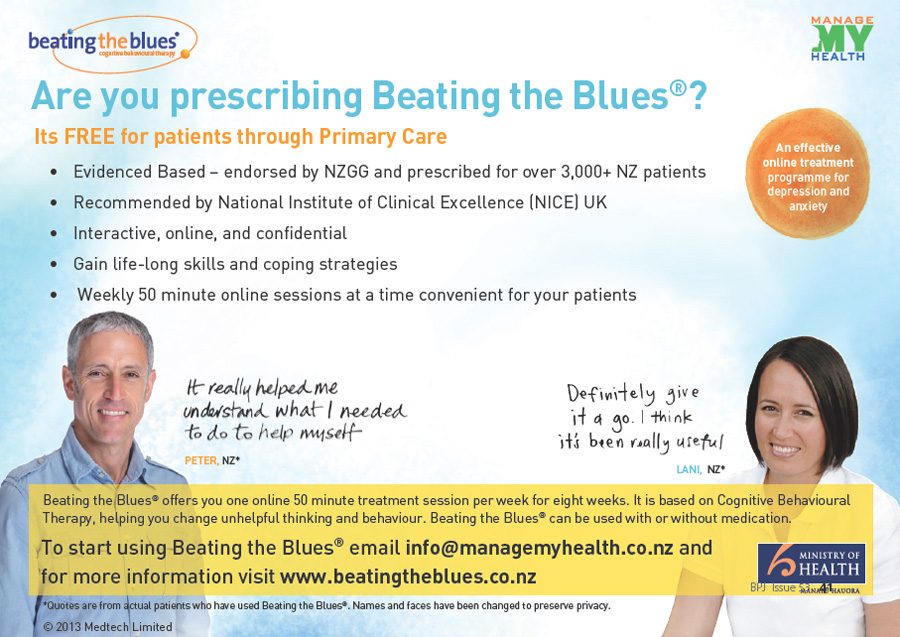In this article 
View / Download pdf version
of this article
Comparing results between different blood glucose meters
Only the CareSens range of blood glucose meters and testing strips are now fully subsidised, except for two small patient
groups via Special Authority (see below). Over 90% of people entitled to a subsidised meter have now picked up a CareSens
meter.
There have been some reports that people are comparing readings from their previous meter with readings from their CareSens
meter, and getting different results. For some, the difference is concerning, and they consider that their old meter has
the right reading and their new meter must be wrong. Variances are normal between hand held meters and are to be expected.
The international standard for blood glucose meters is that they are accurate to within plus or minus 20% of “what a laboratory
test would show”. Some people are aware of the 20% variance, but think that this means that there can only be a 20% difference
between the readings of two meters, rather than between a meter and a lab test.
The key message for people with diabetes is that directly comparing results between meters is not clinical best practice.
It may be useful for a short period of time, while becoming familiar with the new meter, but it is important to reinforce
that meter readings from any meter are only indicative. The most meaningful information is to understand the trends, and
what the readings mean for them and their diabetes management.
 There is support available for people who are having particular difficultly in
managing the change to the CareSens meters. For more details, phone PHARMAC on: 0800 66 00 50 or email: diabetesfeedback@pharmac.govt.nz.
There is support available for people who are having particular difficultly in
managing the change to the CareSens meters. For more details, phone PHARMAC on: 0800 66 00 50 or email: diabetesfeedback@pharmac.govt.nz.
Changing blood glucose meters is an opportunity to review if self-monitoring is appropriate. Blood glucose meters are
routinely used to establish baseline blood glucose levels prior to insulin initiation, to allow for insulin dose adjustment
following treatment initiation, and in patients already established on insulin or a sulfonylurea, where there are concerns
about hypoglycaemia. Self-monitoring of blood glucose levels may also be useful for checking fasting and post-prandial
glucose levels when considering changing medicine regimens, or to optimise glycaemic control prior to conception or during
pregnancy. A meter may also be considered for motivated individuals in order to increase their understanding of the effects
that certain food types have on post-prandial blood glucose levels.
Special Authority funding is available for patients using:
- Insulin pumps - Patients who were using the Accu-Chek Performa meter with an Accu-Chek Combo insulin
pump, before 1 June 2012, will receive continued funding under Special Authority for Accu-Chek testing strips.
- Ketone and glucose blood testing meters - Patients who were using the Freestyle Optium meter for
both prescribed blood glucose and ketone testing, before 1 June 2012, will continue to receive Special Authority funding
of the Optium blood glucose strips. CareSens testing strips and meters are subsidised for all other patients requiring
blood ketone testing.
 For further information visit the PHARMAC website: www.pharmac.health.nz (Keyword
= diabetes).
For further information visit the PHARMAC website: www.pharmac.health.nz (Keyword
= diabetes).
Beating the Blues: online cognitive behavioural therapy for mild to moderate depression
Beating the Blues® is an evidence-based, online cognitive behavioural therapy (CBT) programme for the treatment
of people with mild and moderate depression.
The Ministry of Health has funded the Beating the Blues® E-therapy tool for the assessment and treatment of mild
to moderate depression for use in primary care nationwide. Beating the Blues® is offered free of charge to general practices
and some non-government organisations involved in primary care services.
The benefits of Beating the Blues® E-therapy tool include:
- Immediate access to CBT for patients with depression and/or anxiety
- Evidence-based therapy with no known adverse effects
- Clinical outcomes achieved similar to those with face-to-face therapy
- Requires minimal clinical input – supports clinical oversight
- Higher patient satisfaction with treatment than with usual care
For assistance on how to register or for further information please contact Andy Whittington of the E-Therapy Project
Team; Email: awhittington@medtechglobal.com or visit: www.beatingtheblues.co.nz
